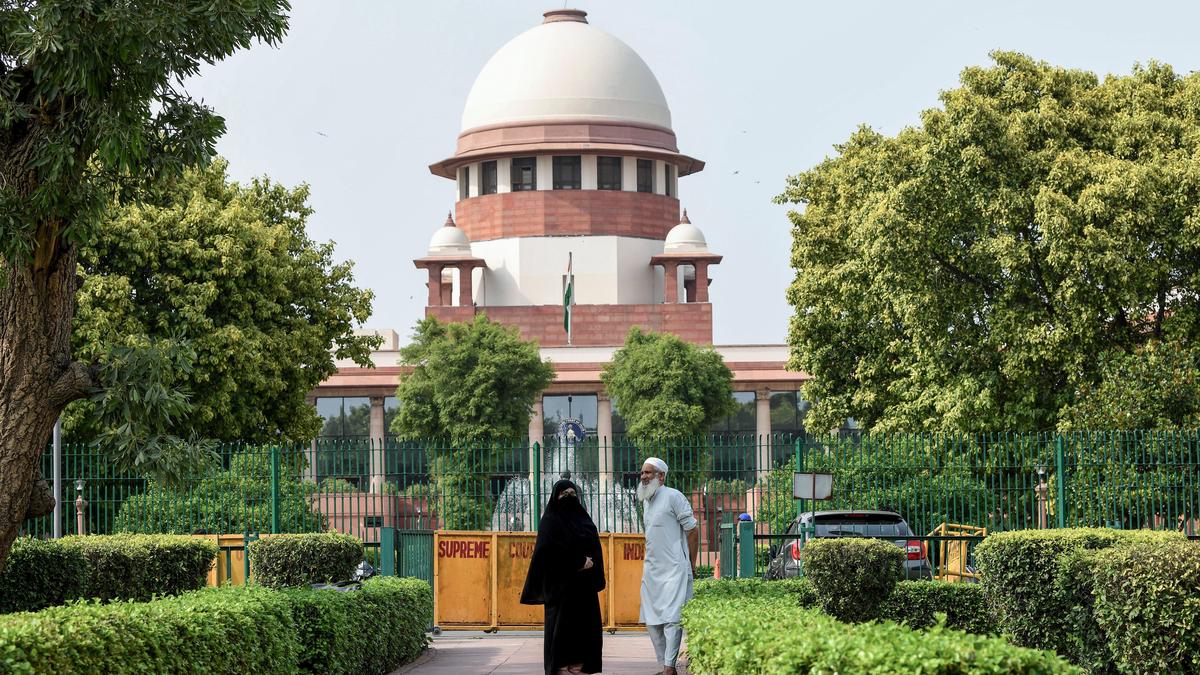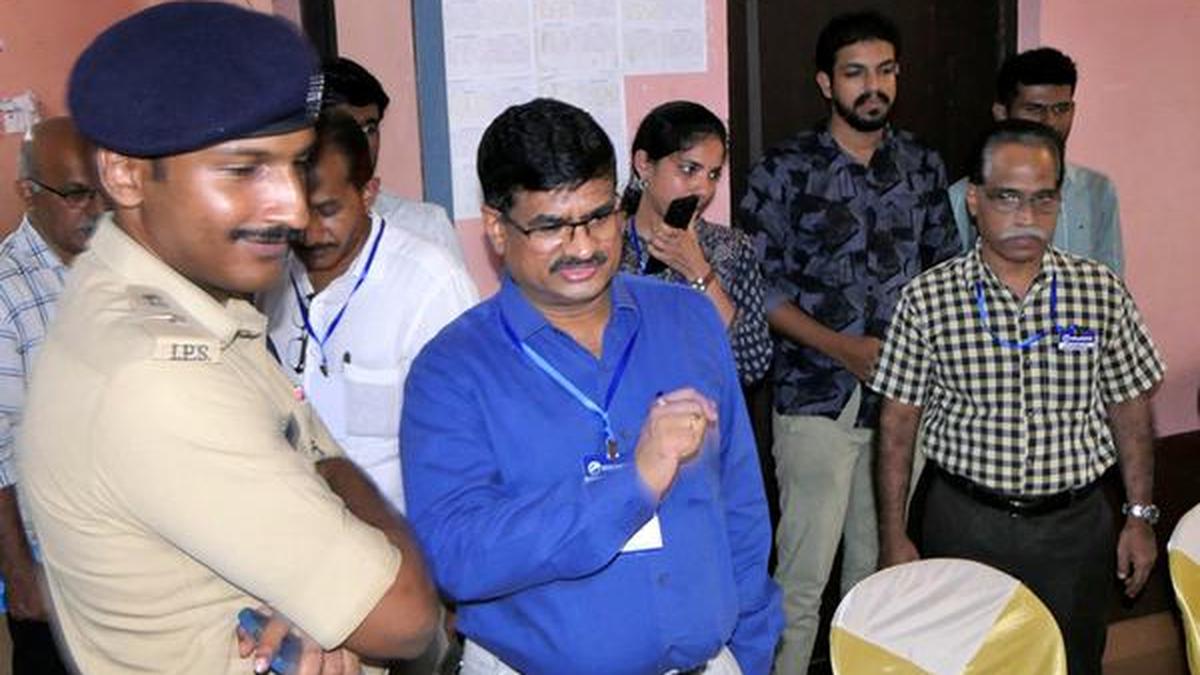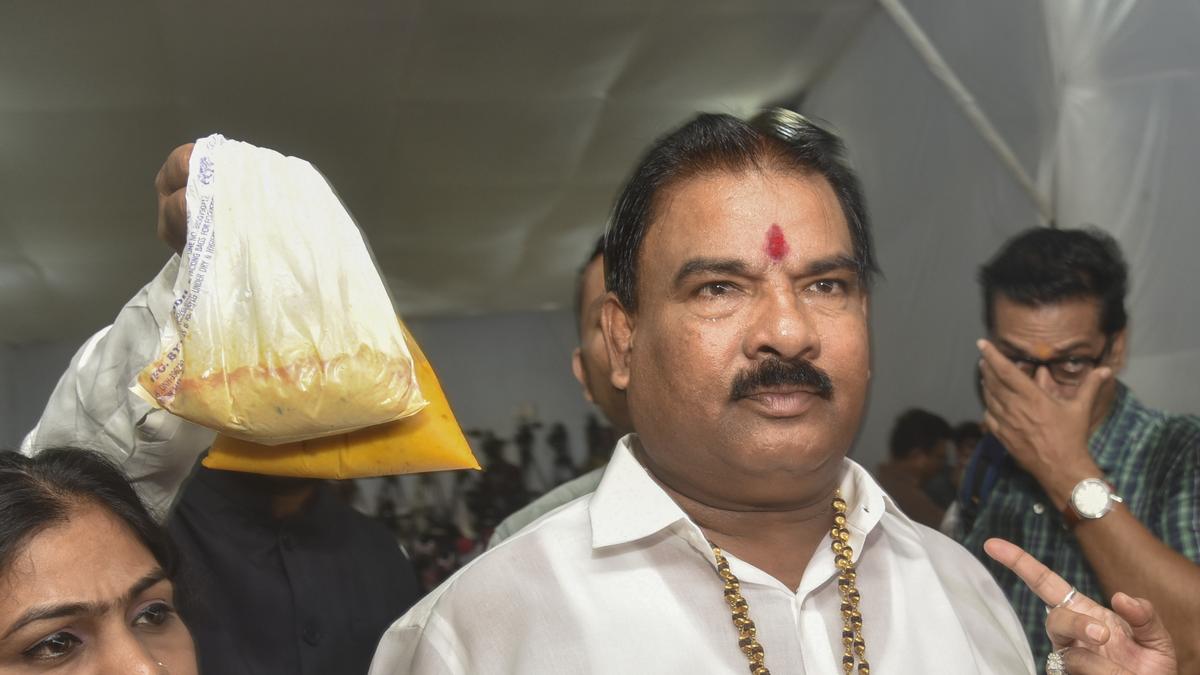
The Supreme Court has held that the extraordinary measure of preventive detention must not be used as a substitute for criminal prosecution or to bypass orders of bail.
| Photo Credit: ANI
The Supreme Court has held that the extraordinary measure of preventive detention must not be used as a substitute for criminal prosecution or to bypass orders of bail.
A Vacation Bench headed by Justice Sanjay Karol observed that preventive detention “should not be resorted to when ordinary criminal law provides sufficient means to address the apprehensions leading to the detention order”.
The Bench referred to judicial precedents from the apex court which had held that the law of preventive detention should not be used “merely to clip the wings of an accused who is involved in a criminal prosecution”.

Great care must be taken before detaining a person who is out on bail, it added.
“When a person is enlarged on bail by a competent criminal court, great caution should be exercised in scrutinising the validity of an order of preventive detention which is based on the very same charge which is to be tried by the criminal court,” the judgment said.

The judgment came in an appeal against a September 2024 order of the Kerala High Court, which had upheld a Palakkad District Magistrate’s direction to detain a man under the Kerala Anti-Social Activities (Prevention) Act, 2007. His wife had appealed to the Supreme Court after the High Court refused to intervene in favour of the man, who was described as a “notorious goonda of the district” and a moneylender.

“The provision for preventive detention is an extraordinary power in the hands of the State that must be used sparingly. It curtails the liberty of an individual in anticipation of the commission of further offence(s), and therefore, must not be used in the ordinary course of nature,” Justice Karol, who authored the verdict, observed.
Preventive detention is recognised in the Constitution under Article 22(3)(b).
“The power of preventive detention is an exception to Article 21 and, therefore, must be applied as such, as an exception to the main rule and only in rare cases,” Justice Karol cautioned.
Allowing the wife’s appeal to quash the preventive detention order, the Supreme Court said the detention order in question did not ascribe any reason as to how the actions of the detenu were against the public order of the State.
“Given the extraordinary nature of the power of preventive detention, no reasons are assigned by the detaining authority as to why and how the actions of the detenu warrant the exercise of such an exceptional power,” the apex court explained.
Published – June 14, 2025 09:50 pm IST



